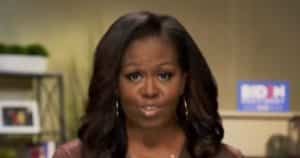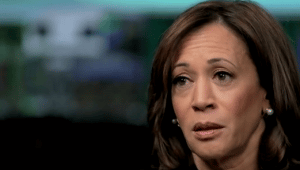U.S. Citizens Detained by Venezuela Amid Allegations
Venezuelan leader Nicolás Maduro has announced that his government has apprehended two American nationals, alleging one to be a high-ranking official of the FBI, in what he describes as a scheme funded by the departing U.S. administration to disrupt his political agenda.
This development comes during a tense period as Maduro aims for another presidential term after a disputed election, amidst allegations of interference by foreign nations.
Maduro's announcement included the detention of two Americans, whom he labeled as "mercenaries," alongside individuals from Colombia and Ukraine. He claims that this group was plotting acts of violence to undermine his inauguration planned for January 10.
Claims of an International Plot
The Venezuelan leader asserted that one of the detained American citizens holds a senior position within the FBI, while the other is identified as a prominent figure in the U.S. military. He further alleged that the group received financial backing from President Joe Biden's outgoing government to prevent his swearing-in ceremony.
In a televised statement, Maduro put forth sweeping accusations that encompassed the detention of 125 foreign nationals from several countries. These individuals were purportedly involved in destabilizing activities aimed at Venezuela.
The domestic political scene in Venezuela remains fraught as both Maduro and his political rival, Edmundo González, prepare for potential inaugurations on January 10. González, who fled to Spain in recent months, is actively traveling the region. Venezuelan authorities have cautioned him about returning to the country, placing a substantial bounty for his arrest.
International Reactions to Allegations
Diosdado Cabello, a close ally of Maduro, corroborated the leader's claims by stating that electronic devices seized from the detained individuals contained plans further implicating them. Cabello accused opposition leader María Corina Machado of seeking foreign military support against Maduro's government.
In response to these developments, a spokesperson for the U.S. Department of State categorically denied accusations of U.S. involvement in any plots to overthrow Maduro. Asserting that these claims are without basis, the spokesperson reiterated American support for a democratic resolution to Venezuela's ongoing political turmoil.
Maduro, asserting a coup attempt was afoot, remarked on the capture of foreign mercenaries, including three Ukrainians and two Colombians. He detailed the arrests that took place in the preceding days, indicating a cascade of intelligence that led to further captures.
Tensions Brewing Before Inauguration Day
As the date of Maduro's planned inauguration approaches, the political atmosphere in Venezuela is charged with uncertainty and tension. Both the government of Nicolás Maduro and the opposition led by González maintain their claims to legitimacy amid widespread allegations of external meddling.
González, whose absence from Venezuela came after threats of arrest, faces a precarious situation should he attempt to return. The Venezuelan authorities' stern warning and the bounty on his head underscore the volatility of the current political landscape.
Claims of dissent and plots extend to key opposition figures like María Corina Machado, who faces accusations of encouraging foreign intervention. Cabello's statements about plots discovered on confiscated electronic devices build upon the explosive claims made by Maduro.
Widespread Accusations Heighten Strain
These assertions, albeit unverified by external parties, paint a picture of deepening discord within Venezuela as rival factions prepare for a potential showdown. The political power struggle in Venezuela, exacerbated by international intrigue and allegations, seems poised to intensify as January 10 looms large on the horizon.
The intricate nature of these events highlights the complex interplay of internal and external forces at work in Venezuelan politics. While the United States dismisses involvement, the narrative put forth by Maduro and his government accentuates the perceived external pressure on Venezuela's sovereignty.
As the country braces for pivotal political developments, it remains to be seen how these allegations and arrests will impact the broader geopolitical landscape. The stage is set for dramatic unfolding events centering around legitimacy and power in Venezuela.




